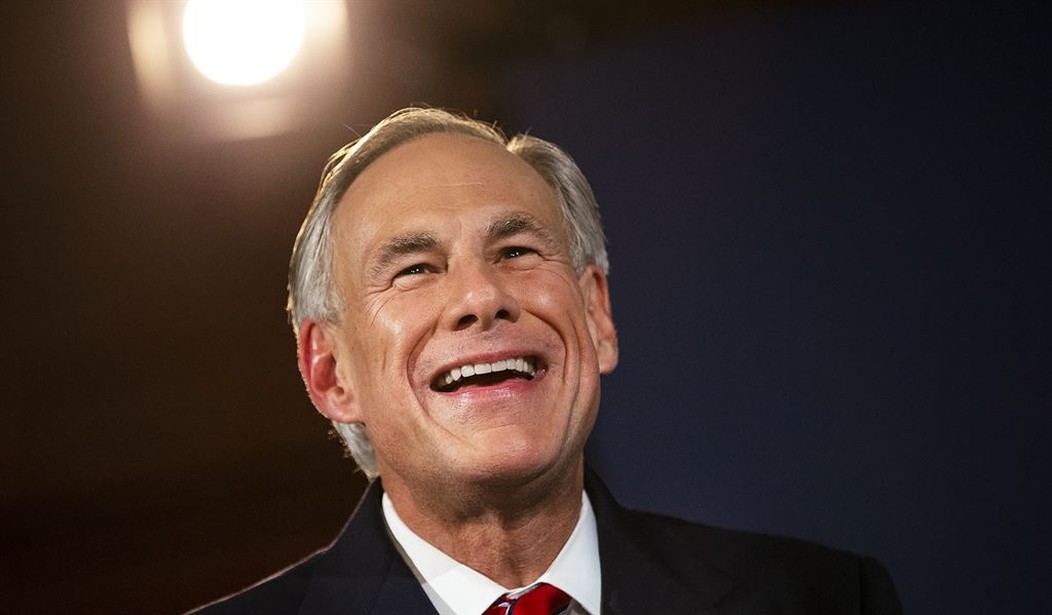The New Orleans-based 5th U.S. Circuit Court of Appeals ended an injunction from a lower court allowing mask mandates in Texas schools. This came after families challenged an executive order from Gov. Greg Abbott (R-TX) prohibiting mask mandates in schools.
Last year, Abbott issued an executive order prohibiting government entities from mandating masks — including counties, cities, school districts, public health authorities and government officials. For public schools, he said, "no student, teacher, parent, or other staff member or visitor can be required to wear a mask while on campus."
Despite Abbott's executive order, many counties, cities and school districts continued enforcing mask mandates. As a result, multiple cases were filed against Abbott. Some were granted preliminary injunctions which allowed them to lawfully continue enforcing mask mandates.
The case that ruled in favor of Abbott's ban on mask mandates was filed by the families of seven children who have disabilities that make them more vulnerable to contracting COVID-19. The plaintiffs argued a lack of mask mandates would make their children more susceptible to contracting the virus and the ban on mask mandates violated the Americans with Disabilities Act.
The court ruled Monday that there are other options to protect immunocompromised children in schools, including vaccines and social distancing practices. Therefore, mask mandates are not necessary to protect the children. The court's majority opinion explained this:
Recommended
It is plainly within the State’s power to remove one possible accommodation from consideration, so long as other reasonable options remain. And it is transparently wrong to equate the State’s course of action with “[d]enying the children individualized assessment of their needs.” Here, all agree plaintiffs have physical access to their classrooms. All agree all seven schools take a multi-pronged approach to COVID-19 mitigation. All agree plaintiffs, their classmates, and their teachers are welcome to wear masks and ask those around them to wear masks. All agree plaintiffs presented zero evidence that anyone—let alone “individual[s] working constantly with a disabled child,” would refuse a request to wear a mask or take comparable safety measures while working closely with a vulnerable student. And all agree at least some of the plaintiffs are committed to attending in-person classes, whether or not their schools mandate masks. Therefore, even if plaintiffs could recharacterize their injury as denial of reasonable access to schools, plaintiffs failed to show they have suffered or certainly will suffer such an injury.
For this reason, the court ruled that Abbott's executive order does not violate the ADA because it does not eliminate accommodations for vulnerable children in public schools. Not only are there other options available, a few of the plaintiffs attended schools that did not have a mask mandate prior to Abbott's executive order and said they would return to in-person schooling regardless of a mask mandate. In addition, the court also upheld Abbott's right through the state's constitution to make the executive order.

























Join the conversation as a VIP Member